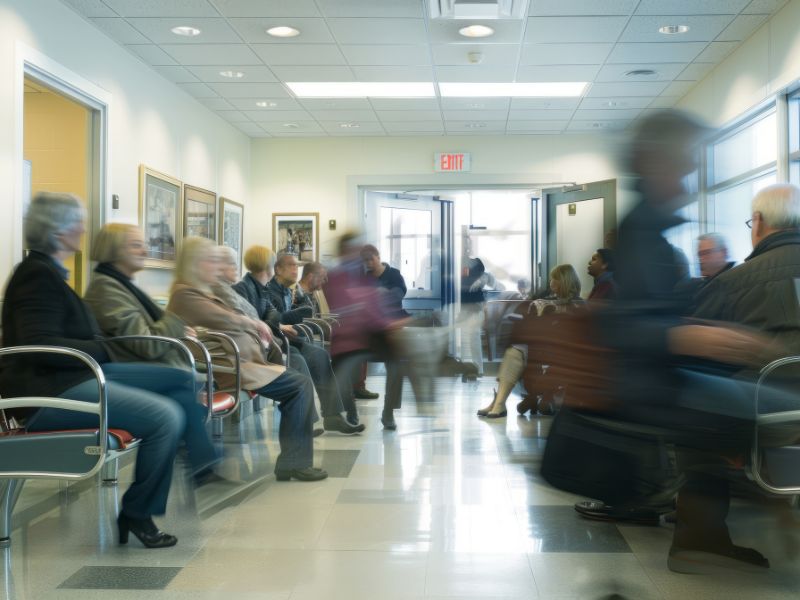
Health care: new measures to reduce waiting lists
The Government introduces the “skip the line” mechanism and new obligations for patients
Measures to ensure definite timings in medical services
The Italian Government has approved a new decree to tackle the long waiting lists for medical care in public health facilities. The main measure is the so-called “skip the line” mechanism. Essentially, if it’s not possible to get a visit or an examination within the indicated time frame by the prescribing physician at a public facility, the Local Health Authority (ASL) must ensure the service is provided to the patient at a nearby accredited private facility or through a freelance professional, with the patient only having to pay the co-payment. In short, it’s a measure that resembles the one from 1998. That is, the aforementioned principle has already been enshrined in law since 1998 but has never been truly adhered to.
How the skip the line mechanism works
If a patient is unable to receive a healthcare service based on the criteria presented by the physician, the ASL must provide the service in a facility, whether public or private. For example, an urgent MRI scan must be conducted within 72 hours, regardless of where it is performed.
The cost of the service will be covered by the National Health Service, while the patient will only pay the co-payment fee, unless exemption has been granted.
The decree also specifies that the modalities for its implementation will be prepared in conjunction with the Regions within sixty days.
Funding and implementation of the new system
For funding, the decree will draw from funds already provided in the financial plan, which earmarks 0.4 percent of resources for waiting lists, more than 500 million euros above what is currently available. Additionally, the ceiling for purchases from private providers will be increased: 121 million in 2025, 123 million in 2024, 370 million in 2025, and nearly 500 million annually from 2026 onwards. However, it’s unclear whether these resources will be sufficient to meet the entire demand for services, which currently leads three million Italians to forgo care due to excessively long waiting lists. Initial estimates suggest a cost exceeding one billion euros per year.
Obligations for citizens and other measures against waiting lists
The decree also imposes new obligations on citizens. If they miss an appointment with a physician or a specialist, they will still be required to pay the co-payment fee, except in cases of force majeure. Regions will be required to adopt a Single Booking Center, either regional or sub-regional, for all feasible services, both public and privately accredited. Local Health Authorities will not be allowed to close or defer booking activities, and digital booking and payment of co-payment will be encouraged. Additionally, visits and examinations can be scheduled on Saturdays and Sundays. Overtime for doctors and nurses will be subject to a flat tax rate of 15% instead of the gross income tax bracket, thereby increasing their earnings.
These measures represent a significant step in the fight against long waiting queues. This new decree should eliminate inefficiencies and make the National Health Service more accessible, reducing waiting times and improving care for all.
Sources


